Support but must have appropriate roadmap
According to Chairman of the Economic and Financial Committee Phan Van Mai, adding sugary soft drinks to the list of those subject to special consumption tax is the first step in the process of implementing solutions to limit the production and consumption of products containing a lot of sugar in food and beverages, contributing to the orientation of production and consumption.
However, since sugary soft drinks have just been added to the taxable objects, there needs to be an implementation roadmap so that businesses have time to adapt, adjust their production and business plans, and gradually switch to products with low sugar content. Therefore, taking into account the opinions of National Assembly Deputies, the National Assembly Standing Committee agrees with the proposal of the Drafting Agency to amend the draft Law in the direction of stipulating the implementation roadmap from 2027 to apply the tax rate of 8%, from 2028 to apply the tax rate of 10%.
At the recent discussion session on the draft Law on Special Consumption Tax (amended), the content of adding soft drinks with sugar content of 5g/100ml or more to the special consumption tax has received attention from National Assembly deputies. There are opinions supporting the imposition of special consumption tax on items such as sugary soft drinks, but there are also opinions suggesting that there should be a suitable roadmap.
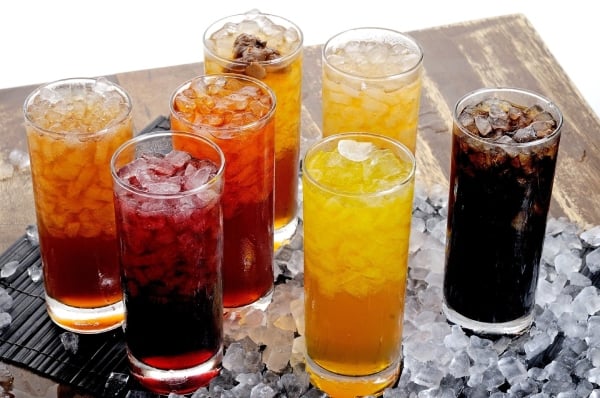
For example, delegate Nguyen Thi Thu Dung ( Thai Binh delegation) suggested that instead of applying the tax rate as stipulated in the current draft law, a gradual increase should be applied in stages, for example, instead of 8%, it could be from 3% - 7% and then up to 10% to help businesses have time to adapt, and at the same time, it is possible to consider applying different tax rates depending on the sugar content in the product to encourage businesses to innovate formulas towards reducing sugar, aiming for healthy consumption.
On the contrary, delegate Nguyen Thi Yen Nhi (Ben Tre) supported the tax on soft drinks with sugar content over 5g/100ml, saying that this is consistent with the worrying health situation, especially among young people - who consume a lot of soft drinks but have a sedentary and unhealthy lifestyle.
Proposal to adjust the definition and method of determining taxable objects
Although supporting the policy of protecting public health, the Vietnam Sugarcane and Sugar Association is concerned about how to define and determine taxable subjects in the draft law. In November 2024, the association sent a dispatch to the National Assembly Standing Committee to comment on this issue for the draft Law on Special Consumption Tax (amended) on sugary drinks.
Speaking to Vietnam Business Magazine, Mr. Nguyen Van Loc - Chairman of Vietnam Sugarcane and Sugar Association said that using the concept of "sugary soft drinks according to Vietnam Standards (TCVN 12828:2019)" is not consistent with international practices and recommendations of the World Health Organization (WHO).
“While WHO and World Bank Group define ‘sugary drinks’ as those containing free sugars, including sucrose, HFCS corn syrup… the draft law limits the taxable subjects to sugary soft drinks according to TCVN – that is, ready-made products for quenching thirst, which may contain sugar, flavorings…”, Mr. Loc analyzed.
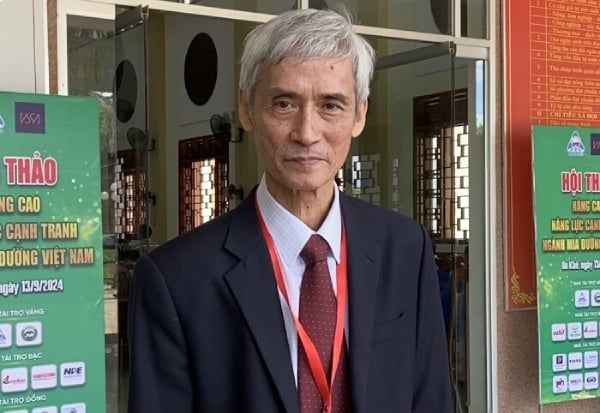
According to Mr. Loc, this definition does not cover all types of sugary drinks that are currently popular, especially products that use HFCS corn syrup - a liquid sugar with high fructose content, which is increasingly being used by beverage businesses to replace cane sugar.
According to the General Department of Customs, the amount of HFCS imported in 2023 doubled compared to 2021 and is mostly used in the beverage industry. If the "over 5g sugar/100ml" criterion is continued to be used to determine taxable subjects, many products using HFCS may be missed, causing a deviation in the tax target.
From this practice, the Vietnam Sugarcane and Sugarcane Association proposed that the drafting agency should remove the phrase "sugary drinks according to TCVN" and replace it with "sugary drinks containing free sugars" - consistent with the definition of WHO and World Bank Group.
At the same time, remove the content criterion of “over 5g/100ml” because it is no longer suitable when businesses use liquid sugar or corn syrup which is difficult to measure by this standard.
The association also recommends classifying tax rates according to the level of impact: applying a rate of 10% for regular sugary drinks, and 20% for products containing HFCS – similar to the practice of some countries in the region such as the Philippines and Indonesia.
“Public health interests must be placed above the production and business interests of all industries, including the sugar industry,” Mr. Nguyen Van Loc emphasized.
Source: https://doanhnghiepvn.vn/kinh-te/chinh-sach/tran-tro-ve-doi-tuong-chiu-thue-tieu-thu-dac-biet/20250513023522587










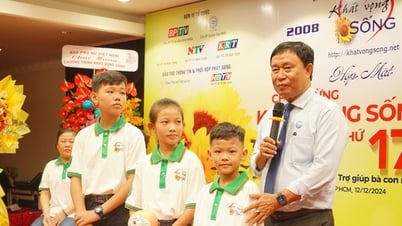


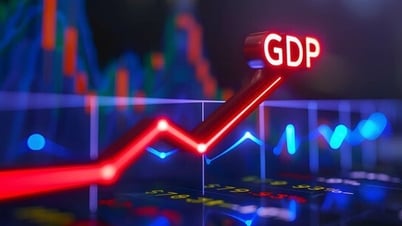
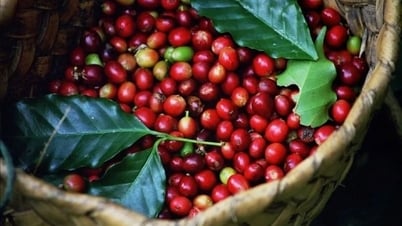
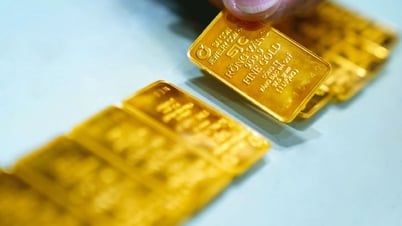





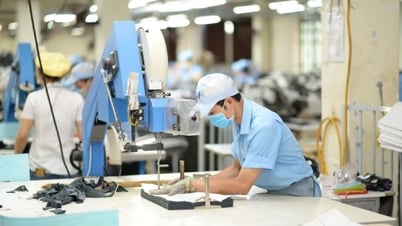

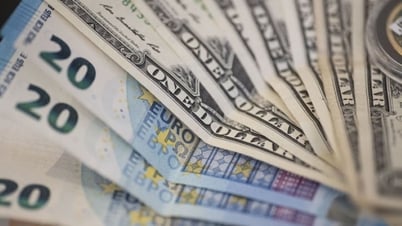

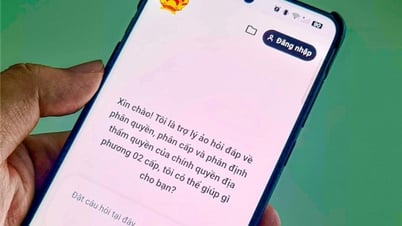











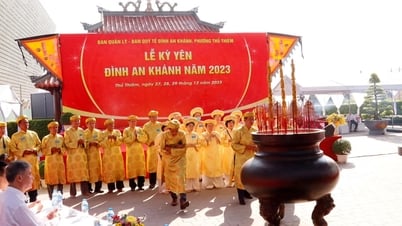






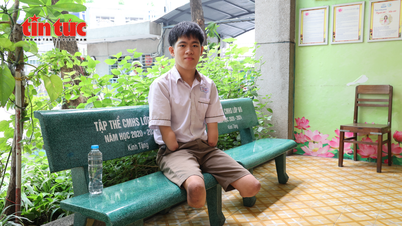

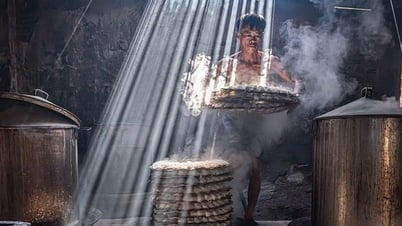



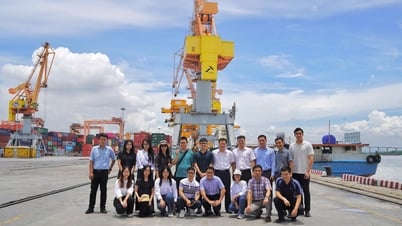

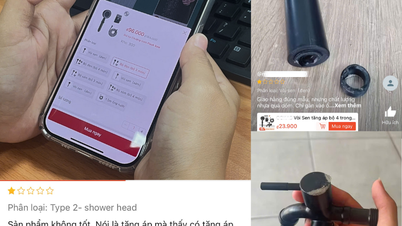
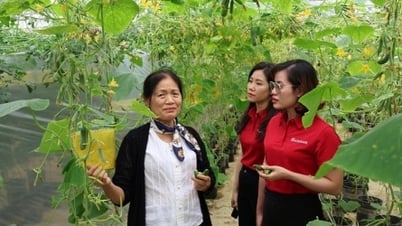

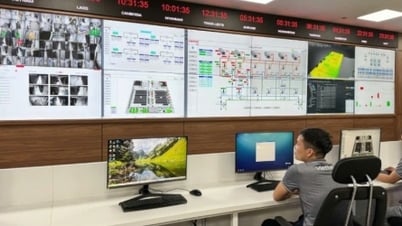
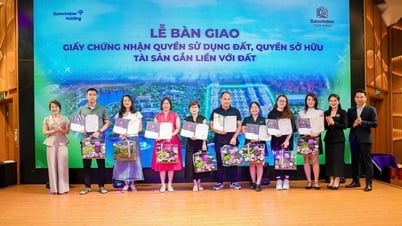

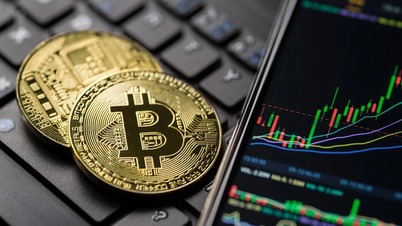


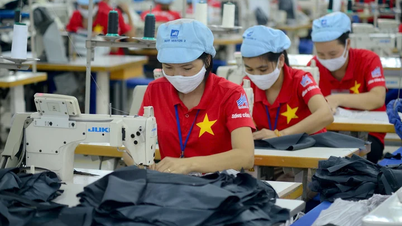







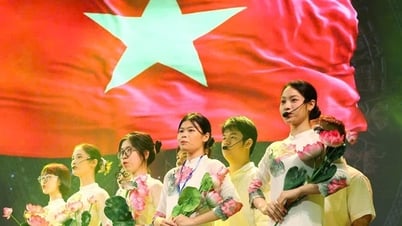

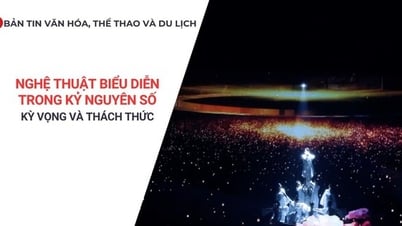
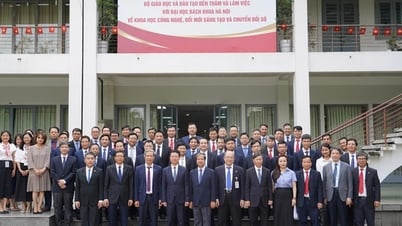

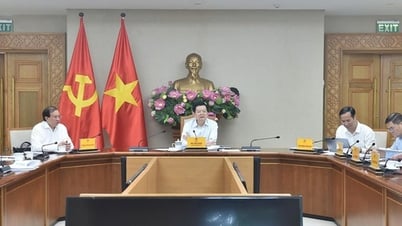


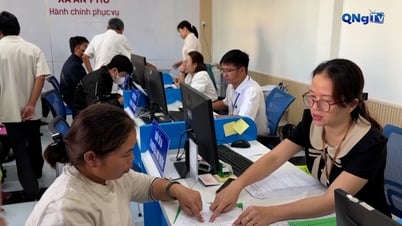

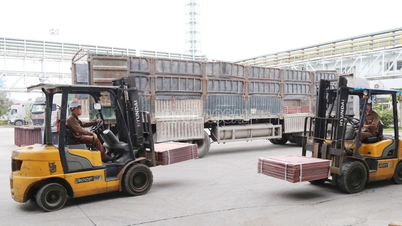

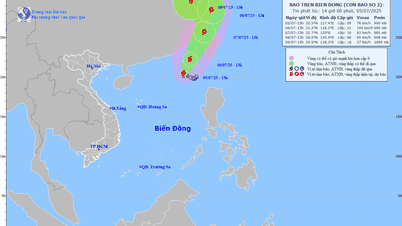

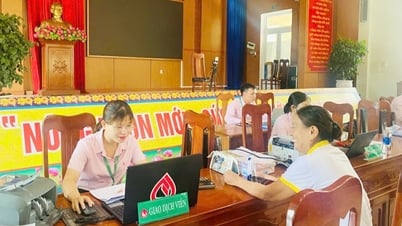



![[OCOP REVIEW] Bay Quyen sticky rice cake: A hometown specialty that has reached new heights thanks to its brand reputation](https://vphoto.vietnam.vn/thumb/402x226/vietnam/resource/IMAGE/2025/7/3/1a7e35c028bf46199ee1ec6b3ba0069e)

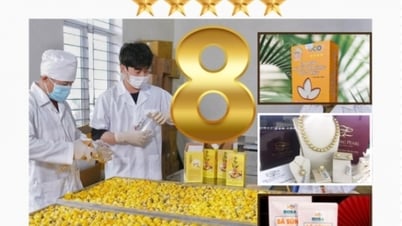

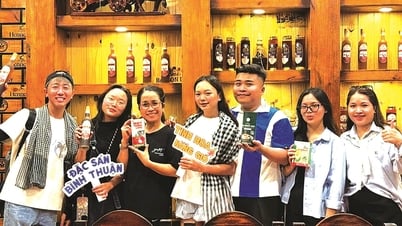
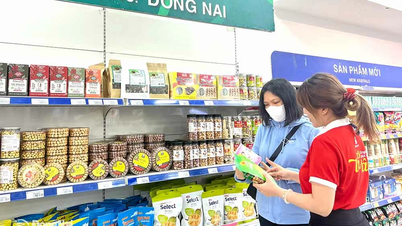


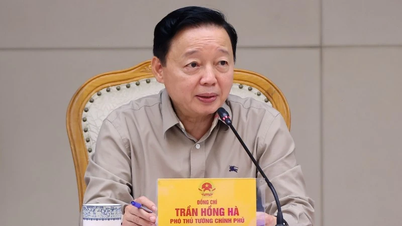




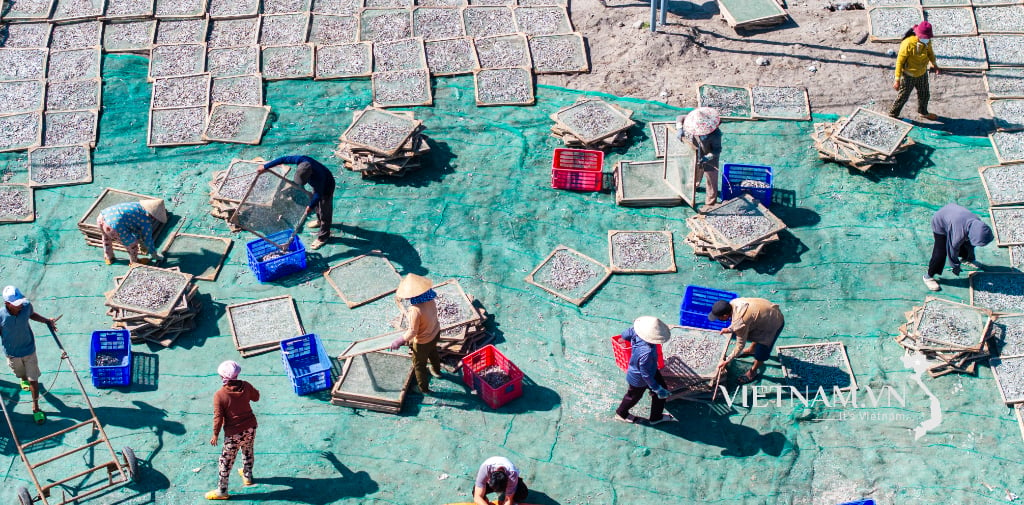
Comment (0)